
1872年東京 日本橋
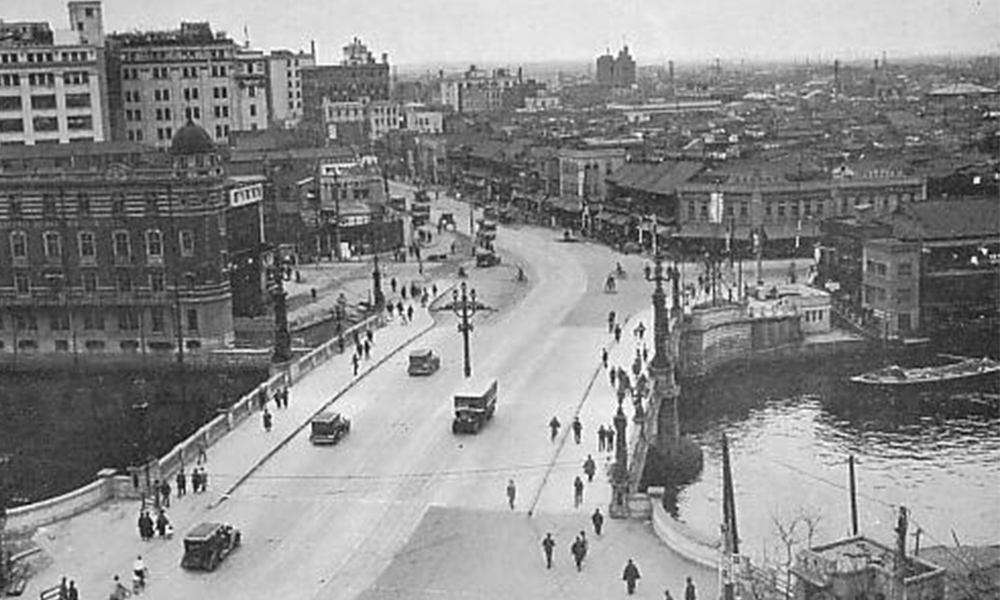
1933年東京 日本橋
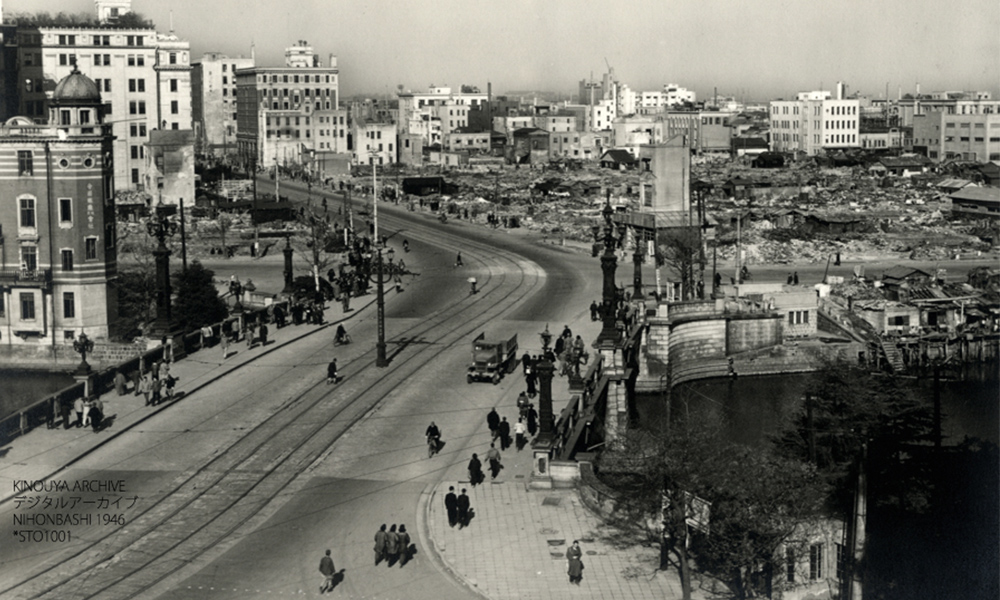
1946年東京 日本橋
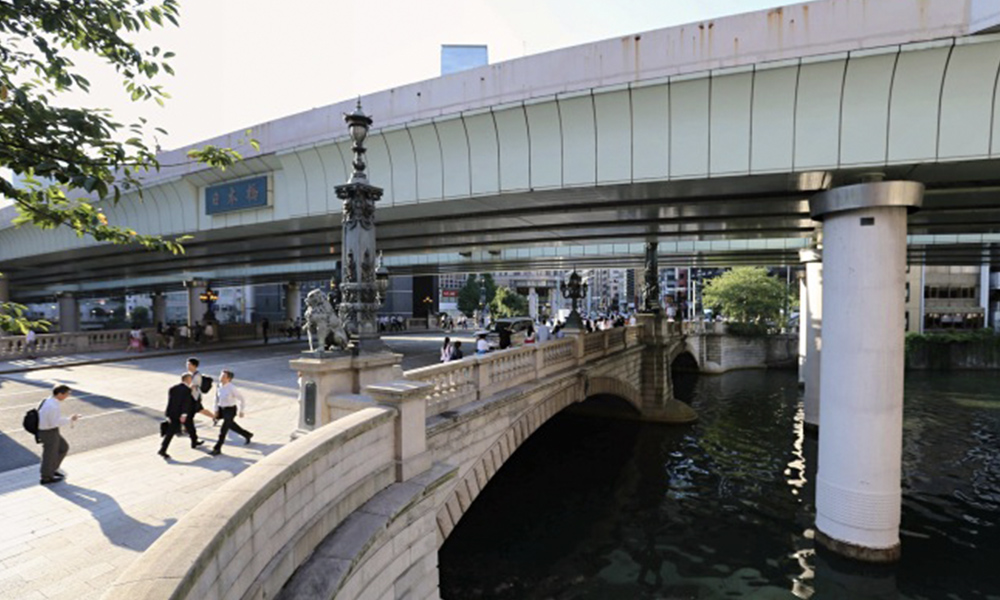
2017年東京 日本橋
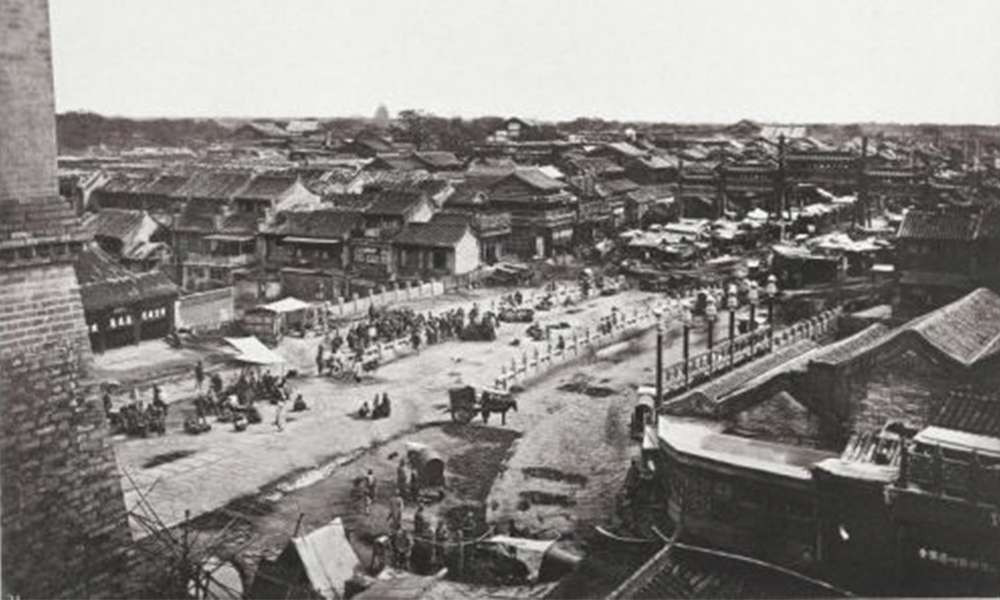
1872年8月〜10月北京 前門
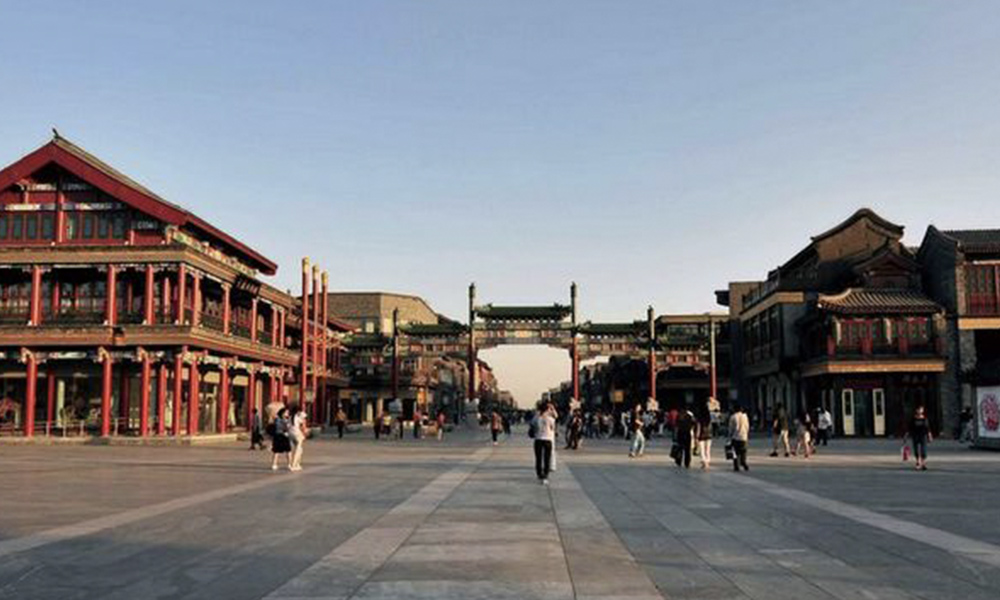
現在北京 前門
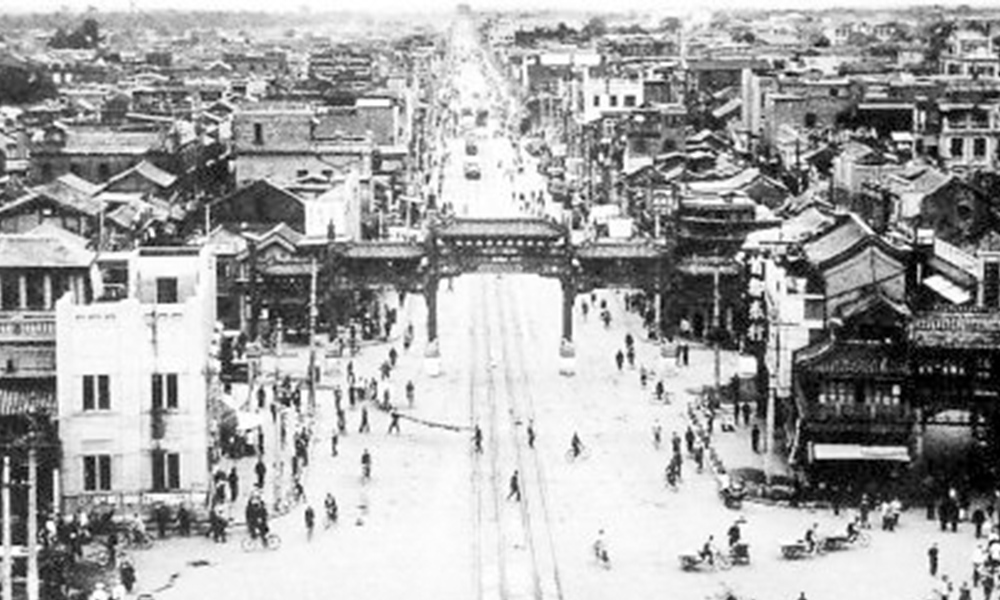
1949年前後北京 前門
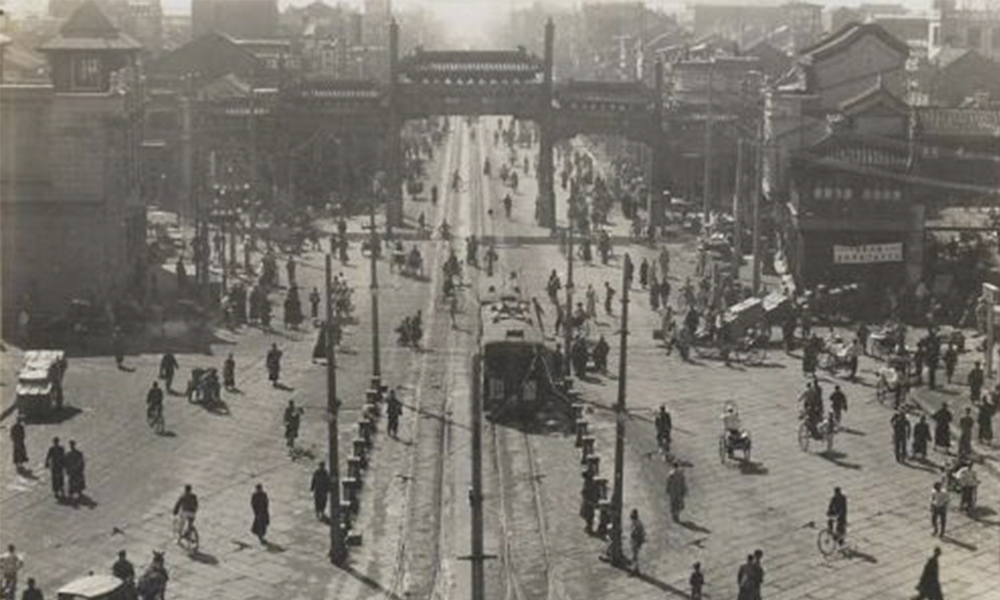
1930年代北京 前門
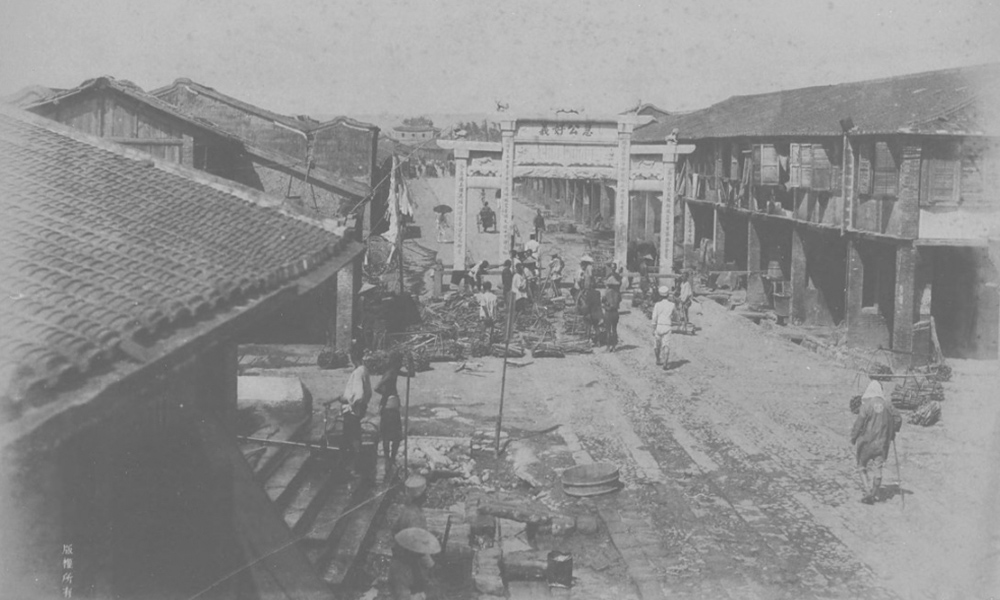
1895年台北 衡陽路
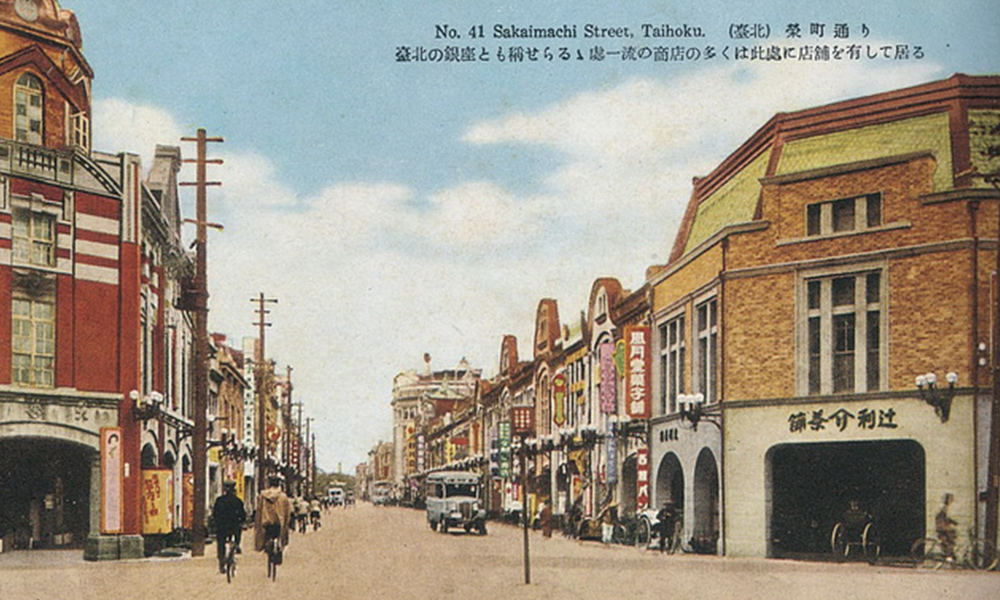
1930年代台北 衡陽路
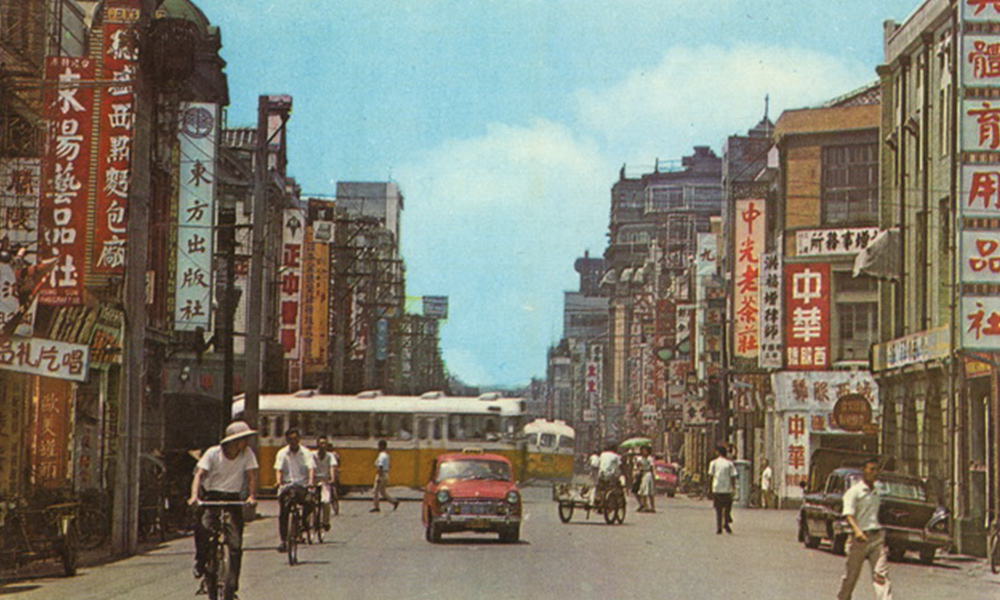
1960年代台北 衡陽路
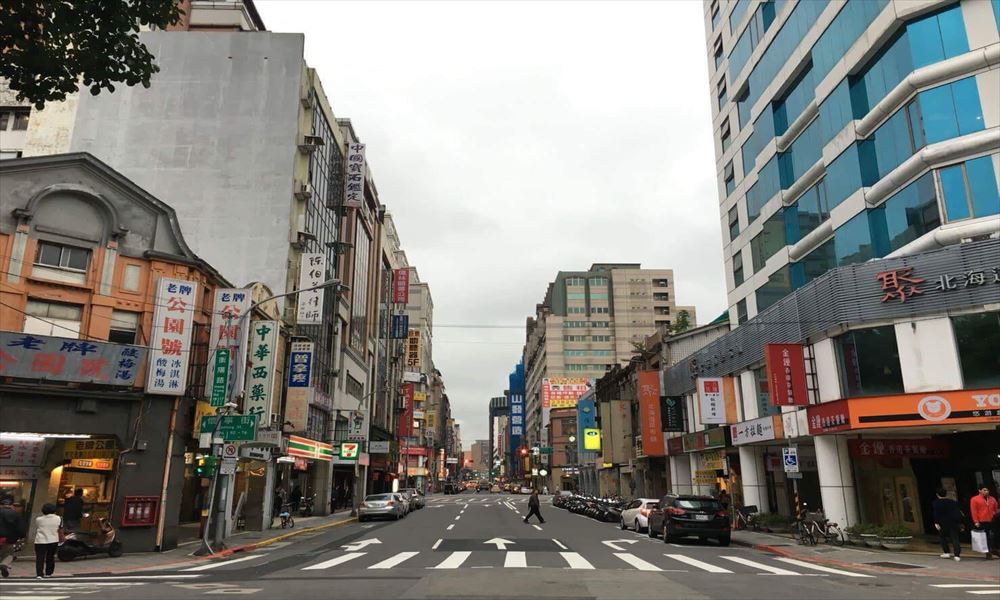
現在台北 衡陽路
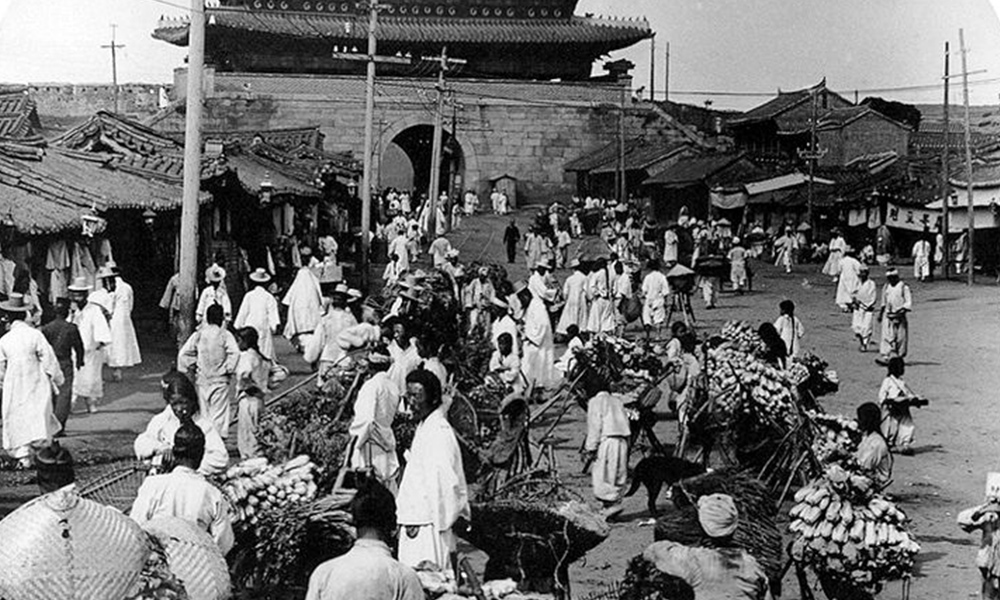
1904年ソウル 南大門
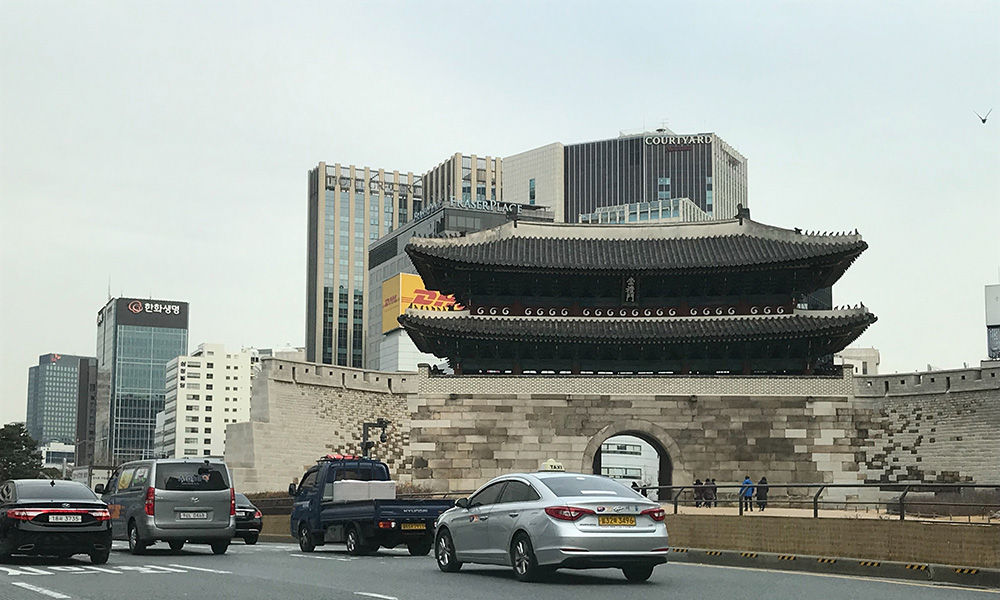
2006年ソウル 南大門
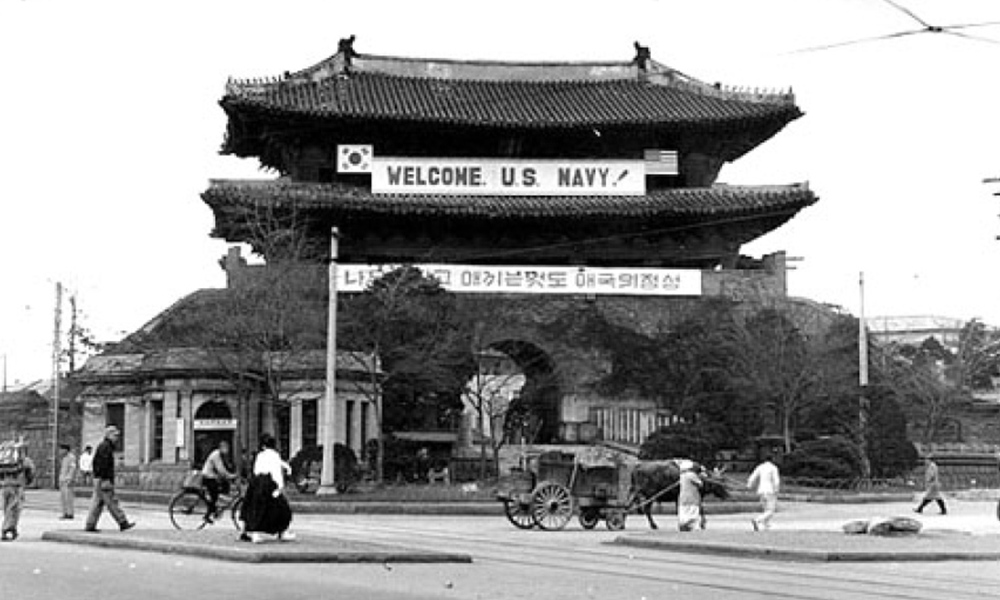
1950年ソウル 南大門
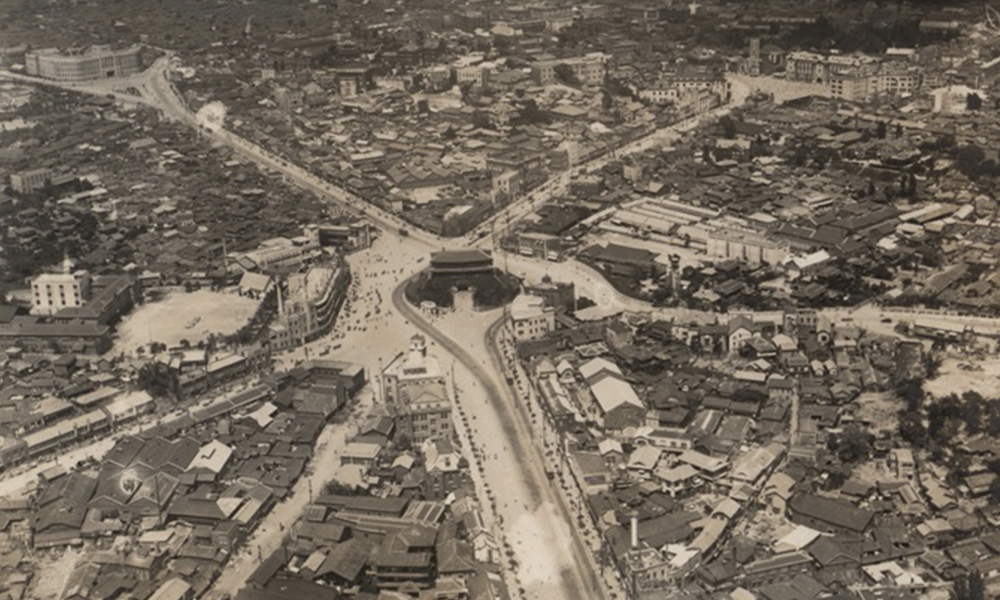
1940年代初ソウル 南大門
Theoretical Basis of Public History:
Aleida and Jan Assmann’s Cultural Memory and Joerg Ruesen’s Historical Culture
Abstract
Memory has become a central concern in contemporary societies in a global scale. How academic historians should respond to this “Memory Boom”? The theoretical question raised is whether “memory” and “history” can be as radically separated as historians have thought. To further discuss this issue, I will introduce two concepts, i.e. Aleida and Jan Assmann’s “Cultural Memory” and Ruesen’s “Historical Culture”, and compare their similarities and differences. Discussion of these issues leads to analysis of advantages and difficulties of applying these concepts to the study of personal memory, collective memory and even national memory, or to the works of transitional justice and reconciliation. At last I will give three examples from Taiwan, especially from my university, and the city where the university is located. First, I will introduce a bronze statue of Koxinga (鄭成功) on the Tainan Station Square. Our University is named after his name. Second, a university square naming dispute, related to an alumni in the “White Terror” period (1949-1991). Third, I will introduce our “university history room” in NCKU museum, and discuss a little about how to communicate the issues about unhappy or even difficult pasts.
For detail, please see the flyer attached ⇒ GAworkshop20190523_revised